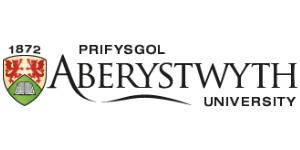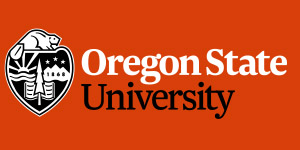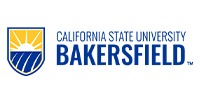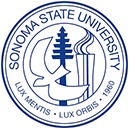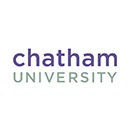Programme Type: Undergraduate
Course Overview
There’s a whole range of careers for pharmaceutical scientists, from discovering the next potent anti-viral compound to worldwide marketing, or from quality control to the legal world of regulatory affairs. It’s a global industry that’s ever-changing to meet new challenges in healthcare and medicine, as well as developments in research and production.
The content of our pharmaceutical science course has a strong grounding in the chemical and biological sciences, complemented by industry-specific topics such as pharmaceutical regulation and quality assurance.
You’ll develop an in-depth knowledge of topics relevant to the field of pharmaceuticals, their design, development, quality control, and manufacture. To enhance your career potential, there is an emphasis on practical experience of techniques used in the pharmaceutical industry.
What you will study?
You’ll develop an in-depth knowledge of topics relevant to the field of pharmaceuticals, their design, development, quality control, and manufacture. In the first year, you will study a variety of modules that will provide you with a strong grounding in chemistry that will prove invaluable during the rest of your degree and working life. To begin to understand the biological action of drugs and their impact, you will also be introduced to fundamental human biology and biochemistry. All of these modules involve practical work and you will gain hands-on experience using equipment in our state-of-the-art laboratories. You would also be taught mathematics to enable you to understand the relevance of mathematics and statistics in the field of chemical and pharmaceutical science.
The second year of the Pharmaceutical Science course focuses on chemical synthesis, drug design, drug action, and chemical analysis. In your third year, you will continue to develop your knowledge and skills in chemical synthesis and analysis, quality control and quality assurance regulatory affairs, advanced drug design and use of molecular modelling. You would also work on a research project (in-house or industry-based) that would involve working with complex and specialised instruments.
Teaching
The Pharmaceutical Science degree is taught through a varied combination of techniques including lectures, practicals, workshops, tutorials and e-learning. Employers regularly comment on our graduates’ excellent analytical skills, enhanced by hands-on experience of industry-standard instrumentation.
Our students benefit from regular input from professionals who are working in the industry. This Pharmaceutical Science degree continues to evolve in partnership with industry to ensure graduates are highly valued by employers. You’ll develop an in-depth knowledge of topics relevant to the field of pharmaceuticals, their design, development, quality control, and manufacture.
Entry Requirement
Academic Requirements:
The entry criteria below show the qualification range within which the University will make offers. Most offers we make are at the top of the range, but we take all aspects of an application into consideration and applicants receive a personalised offer. Combinations of qualifications are acceptable and other qualifications not listed here may also be acceptable.
Typical A-Level Offer
BCC - CDD to include Chemistry and normally one other Science, but to exclude General Studies (this is equivalent to 104-80 UCAS tariff points).
Typical Welsh BACC Offer
Pass the Advanced Welsh Baccalaureate Diploma with Grade C/D in the Skills Challenge Certificate and BC - CD at A Level to include Chemistry and normally one other Science, but to exclude General Studies (this is equivalent to 104-80 UCAS tariff points).
Typical Science Requirements
Applicants taking Science A levels in England will need to pass the practical element alongside achieving the requested grade(s)
Typical BTEC Offer
BTEC Extended Diploma Distinction Merit Merit - Merit Merit Pass in a relevant subject to include Chemistry modules (this is equivalent to 112-80 UCAS tariff points).
Typical IB Offer
Pass the International Baccalaureate Diploma with a minimum score of 29 overall including a score of 5 in Chemistry and one other Science subject at Higher Level. You will also need to obtain a score of 5 or above in English at the standard level.
Typical Access to HE Offer
Pass an Access to HE Diploma in Science and obtain a minimum of 80 UCAS tariff points
Additional Requirements:
GCSEs: The University normally requires a minimum of 5 GCSEs including Mathematics/Numeracy and English at Grade C or Grade 4 or above, or their equivalent, but consideration is given to individual circumstances.
English Requirements:
In general, international applicants will need to have achieved an overall IELTS grade of 6.0 with a minimum score of 5.5 in each component.
Fees
This information was accurate on : 27/04/2021
Please contact us for more information about this courses


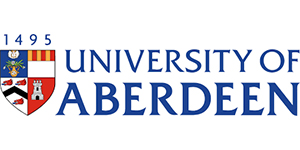
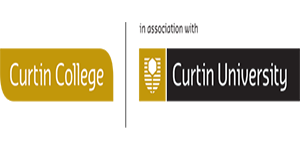
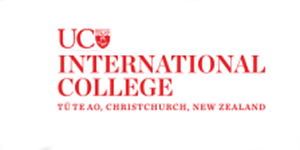

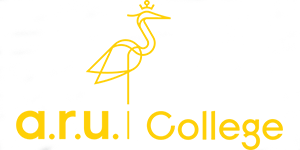





.jpg)

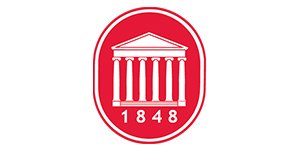
.jpg)


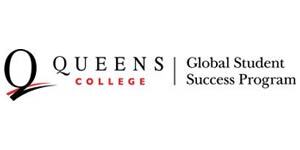
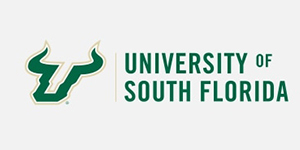
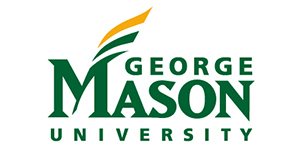

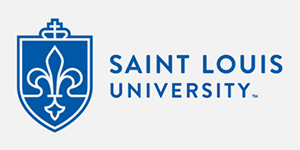

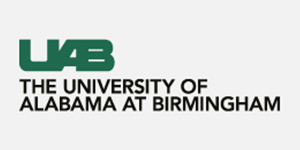
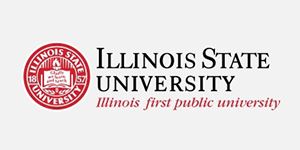
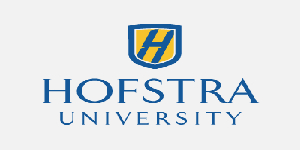

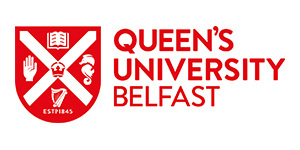

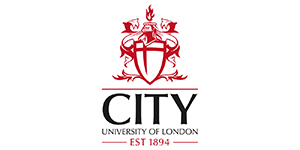


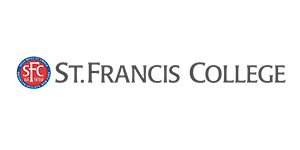



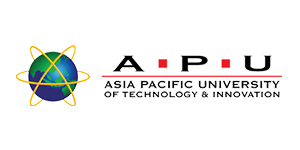

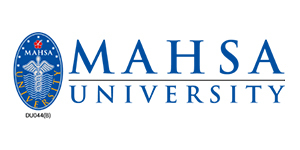


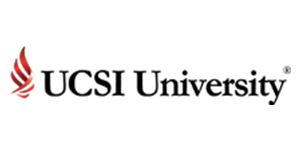

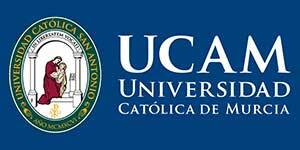

.jpg)

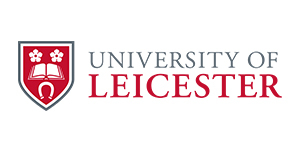


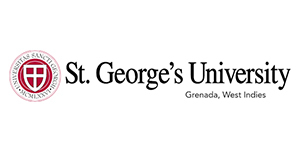

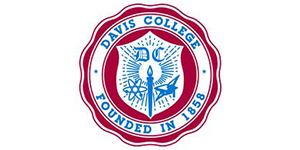



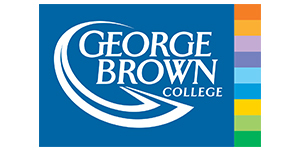
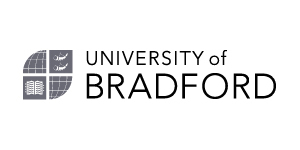



.jpg)



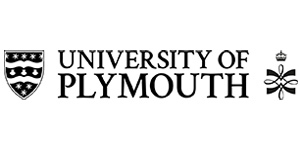

.jpg)
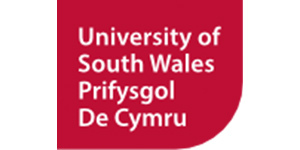

.jpg)
.jpg)
